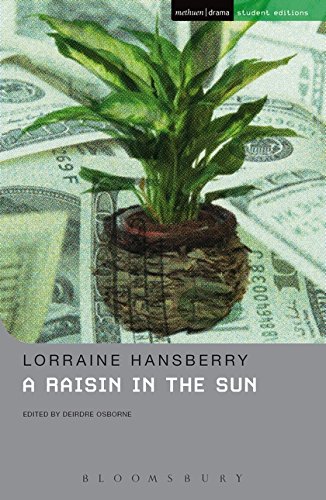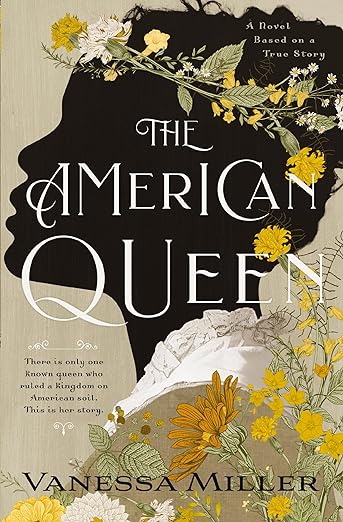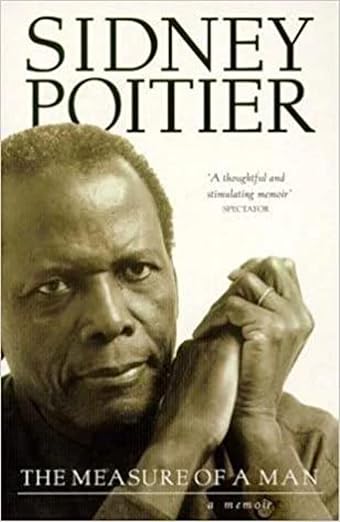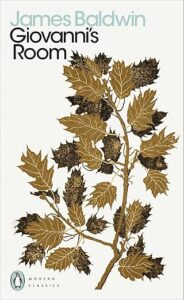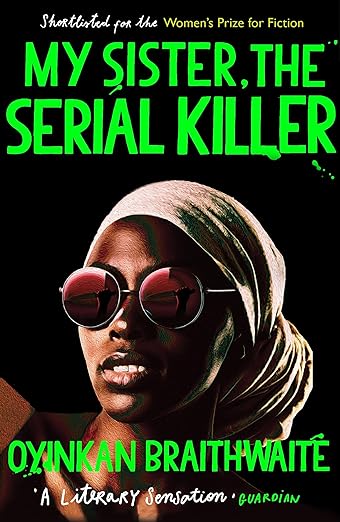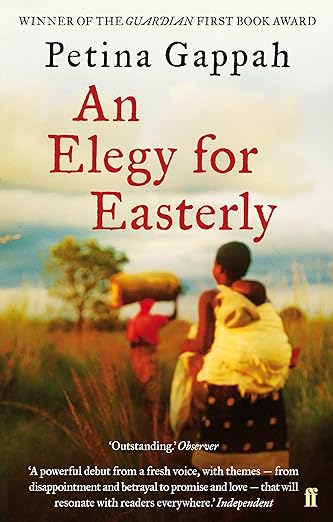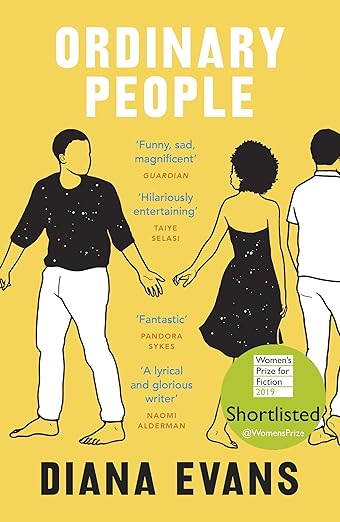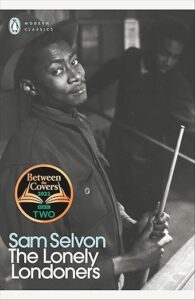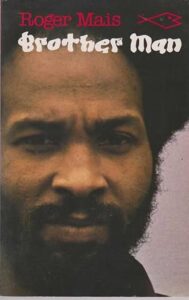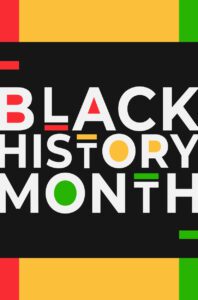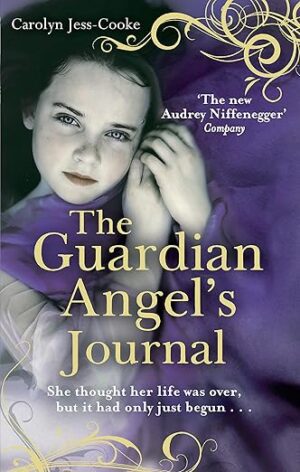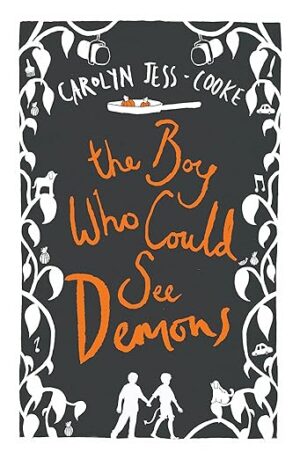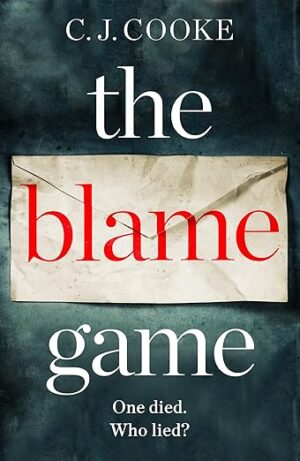October is Black History Month a time when the culture, achievements, and contribution of black communities in Britain and elsewhere are recognised and celebrated. It’s also a time when stories, long hidden from general view, are finally brought out of the shadows into the wider public domain.
There are quite a few countries that celebrate Black History month although the dates do vary. Yet regardless of whether it’s marked in October (the United Kingdom, Ireland, and the Netherlands), February (The United States & Canada), or a single day (November 20th is Black Consciousness Day in Brazil), literature will always be an important vehicle through which the black experience is shared. That means explaining how it feels to be a person of colour in societies where prejudice is either open, or concealed beneath a veneer of strained civility; the importance of listening to minority voices rather than suppressing them beneath a din of lies, hysteria, and misrepresentation; or how societies that profited from the crimes of slavery and colonialism can benefit from acknowledging the past and its impact on the descendants of the victims.
What I’ve described is the tip of a very large iceberg as Black History Month means different things to different people. For some it’s about political activism, while for others it’s about combatting racism in education and organised structures, teaching the next generation about their history and culture, or celebrating the achievements of those who beat the odds to crash their way through glass ceilings.
Britain’s Afro-Caribbean communities have been celebrating Black History Month since 1987, when Ghanaian writer, journalist, and Pan Africanist Akyaaba Addai-Sebo, set the wheels in motion. Since then, it has gone from strength to strength attracting praise, controversy, and criticism. Some question its relevance in a society that prides itself on being multicultural, while others believe the word Black in the title is both divisive and racist. For anyone who buys into that view, please let me know if you’ve found a replacement word!
As for me, I plan to spend my Black History Month reading classic and modern works by writers whose skills I can only dream of emulating. Click on the covers to check out my selection and let me know what you think.
A Raisin in the Sun by Lorraine Hansberry
Lorraine Hansberry’s three act play was nothing short of an earth shaker when it debuted on Broadway in 1959. Listed as one of the best plays ever written, A Raisin in the Sun is the story of a black family in south Chicago and the struggle to improve their financial circumstances after they receive an insurance payout. The emotive dialogue, which explored issues around racism, assimilation, and housing discrimination, hit the audience with the force of an oncoming train. Hansberry’s star rose and her later plays burned with the same raw intensity and underlying message that every individual has the right to control their destiny.
The Whip by Juliet Gilkes Romero
The Whip, which in 2020 won the prestigious Alfred Fagan Award, is a disturbing examination of one of the lesser-known episodes of British history. The play’s focus is the passing of anti-slavery legislation in the nineteenth century and the politics that drove it, culminating in the payment of millions of pounds in compensation to slave owners (i.e. people traffickers) for the loss of their property! The Whip was staged in London against a backdrop of global rage over the death of George Floyd in the United States, and ongoing debates about the preservation of historical monuments commemorating those who profited from slavery.
The American Queen by Vanessa Miller
Based on a true story, The American Queen is a literary tour de force about a black woman who built a kingdom in Appalachia as a refuge for enslaved people. For twenty-four years Louella lives as a slave on a plantation in America’s deep south where hate is the only emotion she understands. There’s no room in her heart for love, not even for the honourable Reverend William, who she respects enough to marry. When William listens to her pleas and leads the formerly enslaved people off the plantation, Louella’s hate gives way to hope. Despite the setbacks and opposition of outsiders, the couple become the appointed monarchs of their self-proclaimed kingdom of the Happy Land, where the oppressed live in joy and fight for the freedom and dignity of others.
The Measure of a Man: A Memoir by Sidney Poitier
Oscar winning actor Sidney Poitier (1927 – 2022) describes the passion and intellectual fervour that shaped his remarkable career. In this beautifully written memoir, he reveals how growing up in poverty on Cat Island in the Bahamas, equipped him with the family values, confidence, and simple ethics that guided him throughout his long, distinguished life. Poitier was a staunch civil rights activist, a pioneer, and a giant of stage and screen who played standout, dignified characters in some of the most significant American films of the twentieth century.
Giovanni’s Room by James Baldwin
James Baldwin’s groundbreaking novel is as relevant today as it was when it was controversially published in 1956. David is a young American in 1950s Paris waiting for his fiancée to return from a holiday in Spain. His life changes when he meets Giovanni, a handsome Italian barman, and the two begin a passionate affair. But when David’s fiancée returns, he rejects Giovanni and retreats into a “safe” future as a married man…with tragic consequences.
My Sister, the Serial Killer by Oyinkan Braithwaite
Black comedy, gallows humour, call it what you will but the laughs come thick and fast in Oyinkan Braithwaite’s brilliant 2018 debut novel. Set in Nigeria, My Sister, the Serial Killer is the story of Korade, a nurse, and her younger sibling Ayoola. It’s often said that blood is thicker than water and that’s almost certainly true where these two are concerned because when Ayoola’s boyfriends give her grief, she kills them…and its big sister who takes care of the mess! It’s an arrangement that holds up until Ayoola dates a doctor at the hospital where her sister works and Korade has the hots for the same guy!
An Elegy for Easterly by Pettina Gappah
This smart, beautifully written collection of short stories is by an exciting new voice on the Zimbabwean literary scene. A young woman lives in a township surrounded by children but longs for a baby of her own; an old man who works as a coffin maker in a funeral parlour discovers unexpected riches; the wife of a politician stands in dignified silence at her husband’s funeral while his colleagues bury an empty casket. Stories of ordinary men and women, with hopes and dreams, who live in a country ripped apart by economic hardship and political dysfunction.
Ordinary People by Diana Evans
Melissa and Michael, Damian and Stephanie are two Black British couples who live in South London. The novel explores their personal and relationship struggles while revealing the complexities of modern urban life. Set against the backdrop of Barack Obama’s election and the death of singer Michael Jackson, Ordinary People is a beautifully observed study of how two events impact the lives of its protagonists via the themes of love and family. This wonderfully written book is thoughtful, intelligent, and empathetic.
The Lonely Londoners by Sam Selvon
The struggles of West Indian immigrants are vividly captured in this classic novel by Trinidadian writer Sam Selvon (1923 – 1994). Selvon, who came to Britain in 1950, fuses his personal experiences into the lives of characters who arrive in a city that’s short on friendliness. At Waterloo Station Moses Aloetta, whose been in London for ten years, meets Henry “Sir Galahad” Oliver and teaches him the ropes. There’s much to learn but Galahad is an optimist who never loses his resolve. Like all the other newcomers in the story, he must learn to be resilient if he’s to navigate the challenges and embrace the opportunities of the lonely city.
Brother Man by Roger Mais
Published in 1954, Roger Mais’s acclaimed novel is a classic of Caribbean literature. Brother Man is the nickname of cobbler and Rastafarian healer John Power who’s regarded as a prophet by the residents of Jamaica’s West Kingston slums. Brother Man’s reputation grows as he travels through the districts healing the sick and that puts him on a collision course with Papacita, a violent enforcer who feels threatened by the prophet’s message of peace and love. Papacita’s attraction to Minette, the young girl who Brother Man rescued from the streets, is another complication that ratchets up the tension. This unforgettable story of an ordinary man with the powers of a saint, is evocative, authentic, and utterly compelling.




